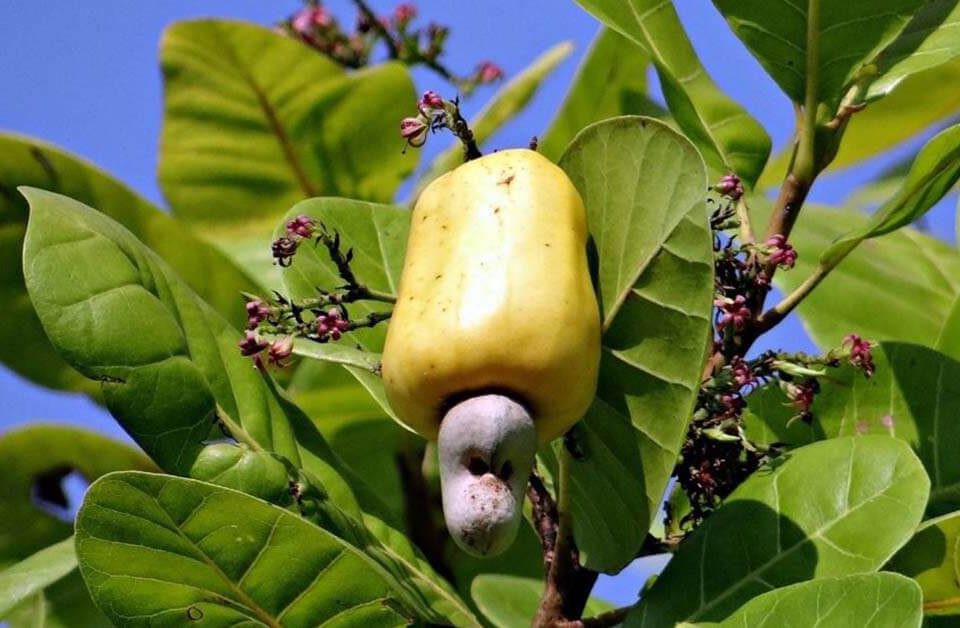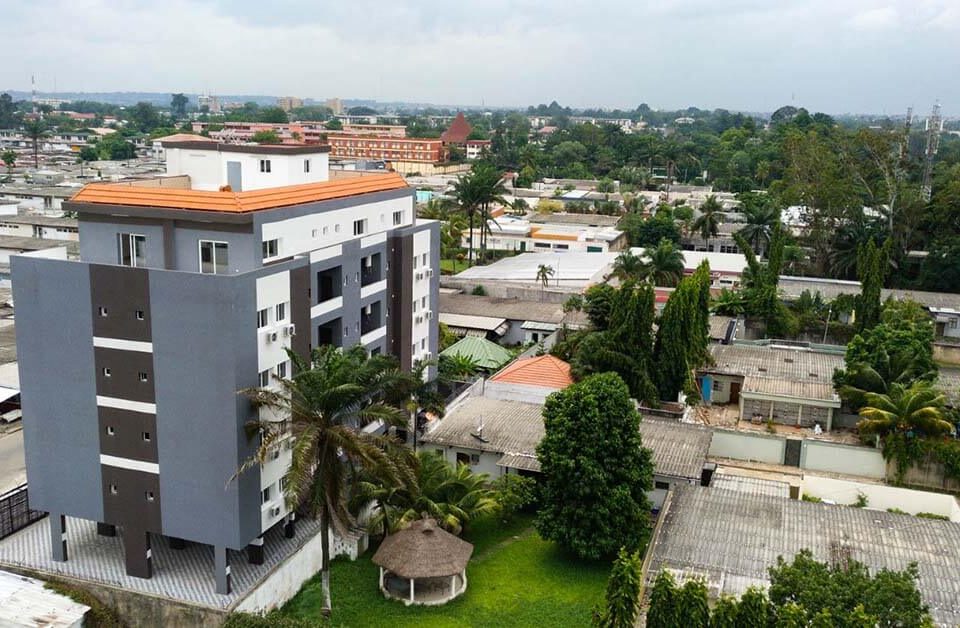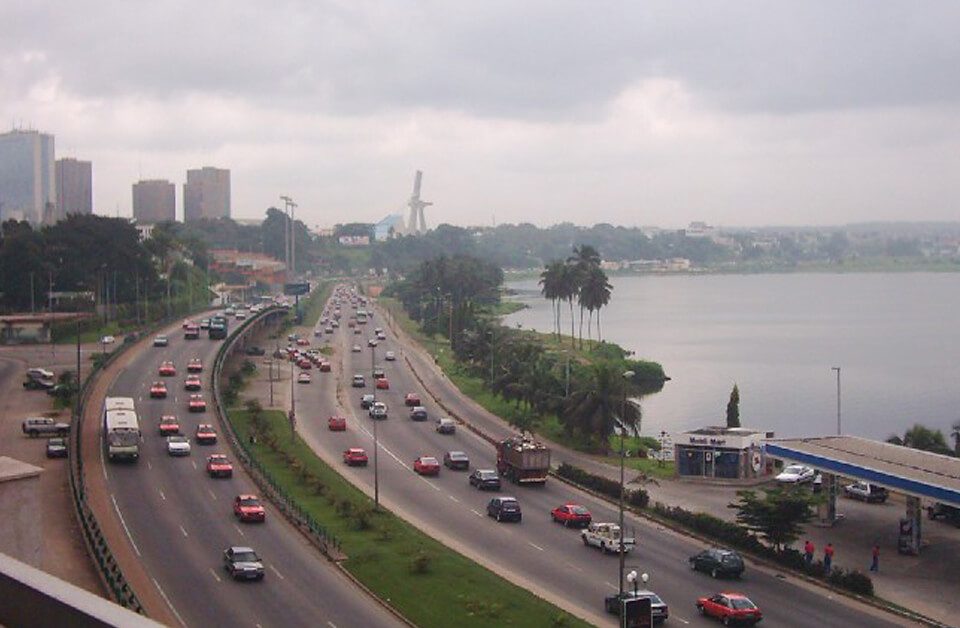The Agricultural Sector in Ivory Coast: Key business opportunities

The Moroccan leather industry – AMDIE
May 19, 2022
The Building Sector in Ivory Coast: 6 Reasons to Export to the Ivorian Market
May 30, 2022The Agricultural Sector in Ivory Coast: Key business opportunities
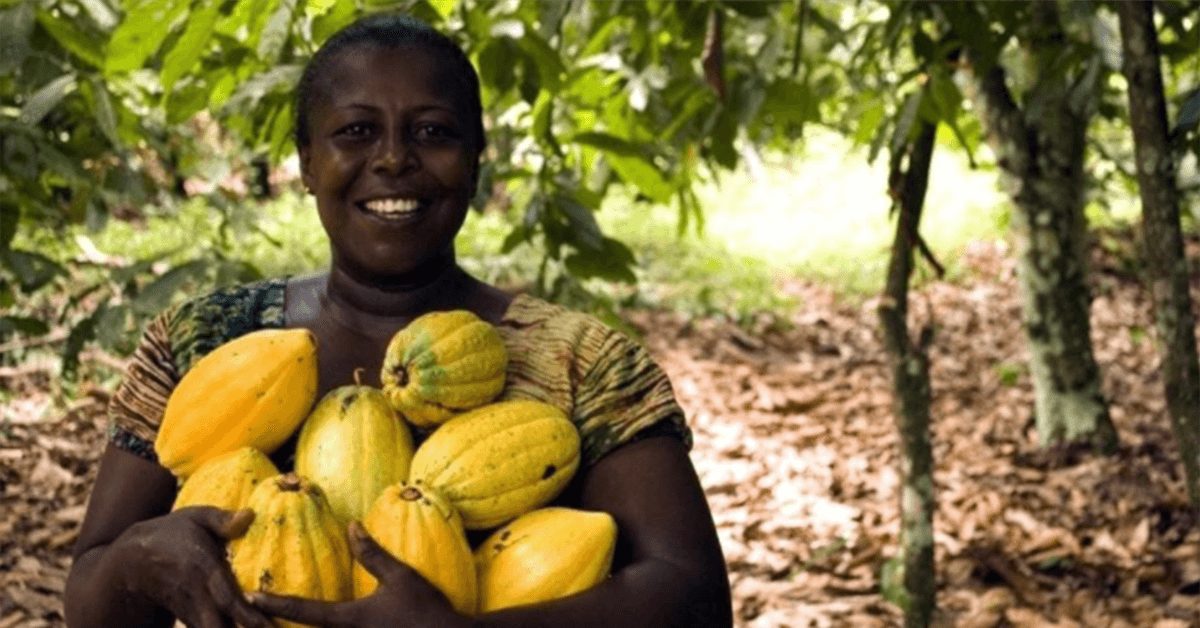
Ivory Coast is one of the ten most dynamic countries in the world with an average growth of 8% since 2012. As the largest economy in the West African Economic and Monetary Union (WAEMU), the primary sector is the heart of the country’s economy, both in terms of production and employment.
As the leading agricultural power in West Africa, Ivory Coast is the world’s largest producer of cocoa and cashew nuts, the sixth largest producer of coffee, and the largest exporter of palm oil. The country is the largest African producer of rubber, not to mention tropical fruits such as pineapples, bananas (largest African exporter), mangoes (the third largest exporter in the world), and sugar cane, to name but a few.
Agriculture contributes about 23% of its GDP, employs 43.5% of the working population and accounts for 2/3 of the country’s total exports. Fishing is also significant due to the large internal consumption of fish, job creation and the canning industry (especially tuna), and is mainly export-oriented. Forestry and processed wood exports continue to play an important role in the Ivorian economy, livestock breeding and poultry farming are under development.
In recent years, agriculture has increased by almost 7%, with a growth of 10.9% in 2017. The development of the sector is one of the priorities of the Government, whose objective is to achieve food self-sufficiency in a country with an estimated population of 25 million people.
In summary, the potential of the agricultural sector in Ivory Coast is undeniable for European companies.
The Ivorian Agricultural Sector’s potential
5% of the 2016-2020 Development Plan (€2,200m) is allocated to the agricultural sector. Agriculture and agro-industry are the sectors with the highest private investment and both are included in the government’s investment code to encourage local and foreign companies’ partnership. Thus providing fiscal incentives for the processing of local products and the diversification of investment regions in the country.
The 2nd National Agricultural Investment Plan (2018-2025) pursues the development of agricultural areas, access to finance, adaptation of agriculture to climate change, strengthening of public-private partnerships, as well as the inclusion of youth and women in agriculture to avoid rural exodus.
Although 75% of the Ivorian territory is arable and highly fertile land, only 42% is cultivated.
With a few exceptions, less than 5% of agricultural products are processed before being exported, leaving little added value for the country. The Ivorian government wants to reverse this situation with its agro-industrial development plans.
Mechanisation and digitalisation of agriculture (D4Ag) are absolutely essential to increase profitability and crop resilience to climate change.
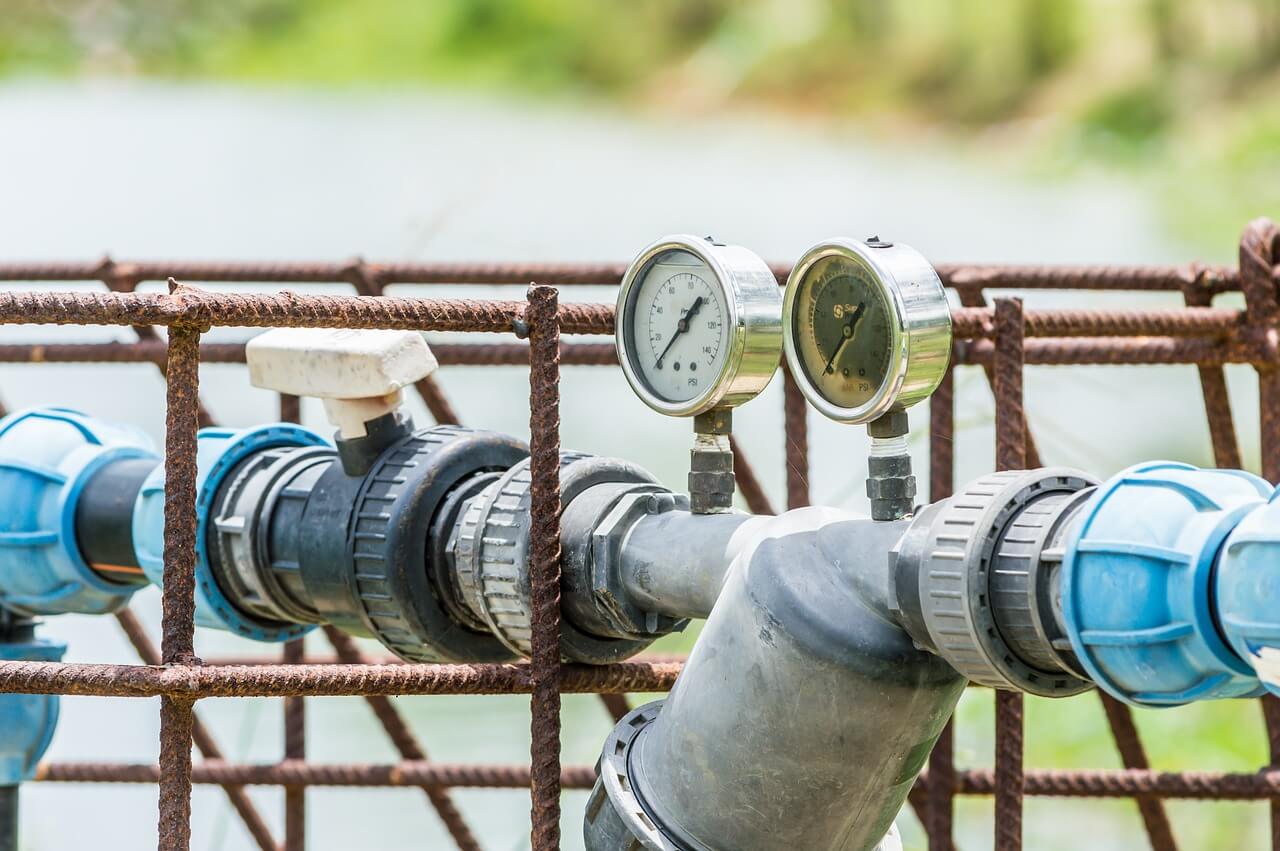
Opportunities for International Companies in the Ivorian Agricultural Sector
The presence of international companies in the Ivorian agricultural sector is still limited, so that the market is not yet saturated with products and services compared to North and South Africa.
The sector’s entire value chain offers great opportunities for international companies. For instance, seeds, fertilisers and improved fertilisers, cultivation and irrigation systems, greenhouses, hydroponics, small and large mechanisation, equipment, ripening systems, drying, packaging, processing, labelling, logistics and refrigerated transport. Not to mention new technologies such as drones, and the rapidly developing fisheries, livestock breeding and poultry sectors, with needs in all areas, from mechanisation and equipment to veterinary and certification services.
If your company is involved in any of the abovementioned activities, please contact usfor more information.
Do not hesitate any longer and join the international companies that are already doing business in Ivory Coast. It’s… now!
For more information, please contact us: contact@h2gconsulting.com | https://h2gconsulting.com/?lang=en

